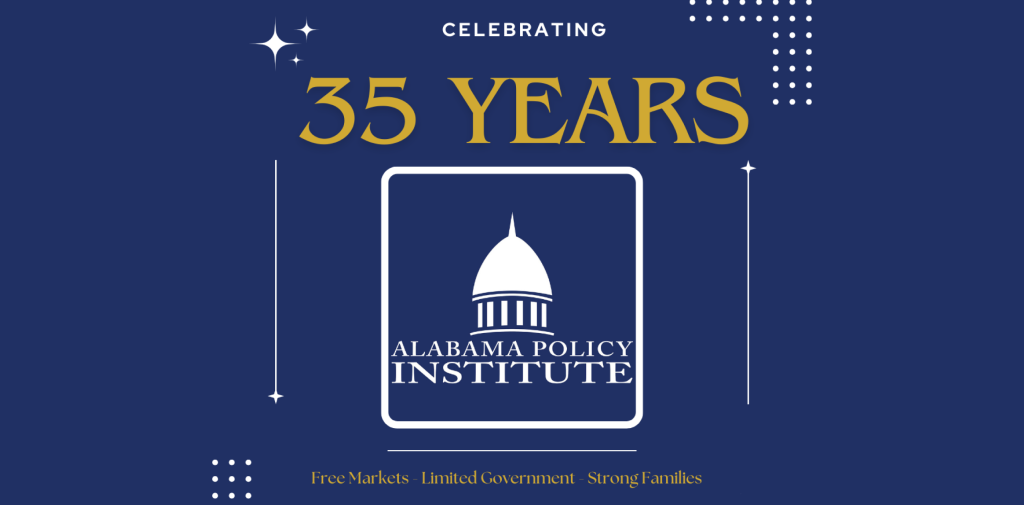Last week, the Alabama House of Representatives voice voted to non-concur with the Senate changes to HB 151 and HB 152 and created a conference committee of Reps Whitt, Jones, and Blackshear. The Senate hasn’t legislatively responded to the House action.
There is significant division amongst lawmakers on the issue of statewide legalization and expansion of gambling. Those dividing lines seem to be regarding types of gambling, the system of governance, and distribution of possible revenue. House members wrote and passed gambling expansion that would have made a Las Vegas showgirl blush, but Senators weren’t buying it.
Now that the House has rejected the Senate compromise, they are demanding that the Senate reconsider their original plan to curtail gambling by allowing unlimited sports betting licenses and legalizing full Vegas-style casinos statewide. As if that wasn’t enough, House members are demanding specific funding for the expansion of Medicaid, for funding other pet projects, and that the measure be on the ballot in November.
It is telling that the messaging strategy isn’t focused on any of that wish list but on the demand that lottery dollars specifically flow to education (it’s for the children!). That assertion is also odd since there has been no discussion whatsoever of a Georgia Hope Scholarship style program for 4-year college students (which is seemingly the expectation of thousands of Alabama parents and grandparents who gambling proponents claim to want to vote on a lottery).
The House enabling legislation provided for the possibility of using a portion of gambling proceeds for educational purposes and also the possibility of having a “last dollar scholarship” program for a certain number of certain kids going to certain 2-year schools under certain conditions. But that program was written conditionally, wasn’t a given, and wasn’t a focus of the legislation, public conversation, or public debate. The Senate passed bill divided the revenue into thirds with 1/3 going to Infrastructure, 1/3 going to the General Fund, and 1/3 going to the Education Trust Fund with priorities and projects selected annually by the legislative body.
Both bills estimated that the people of Alabama would lose about $350M of their earnings annually on lottery tickets. Eighteen states nationwide have “last dollar scholarship” programs and there are a few of them operational in the Southeast. Arkansas provides around $3 million per year as they limit their program to 100 students. Kentucky disbursed $12.4M for their program in 2021. Tennessee is the largest program with 14,000 students but it has expanded well beyond technical schools and isn’t at all comparable to the Alabama proposed legislation.
The shift in messaging toward and “education lottery” is a clear strategy to put pressure on members of the Senate and to prepare for a possible ballot initiative. Don’t be fooled by the rhetoric and don’t put any hopes for your student’s 4-year college degree prospects on the passage of an “education lottery” that isn’t even a possibility. These gambling proposals were written for the benefit of those who profit from the losses of others, not for the benefit of Alabama’s children.
Stephanie Holden Smith is the president/CEO of Alabama Policy Institute.













